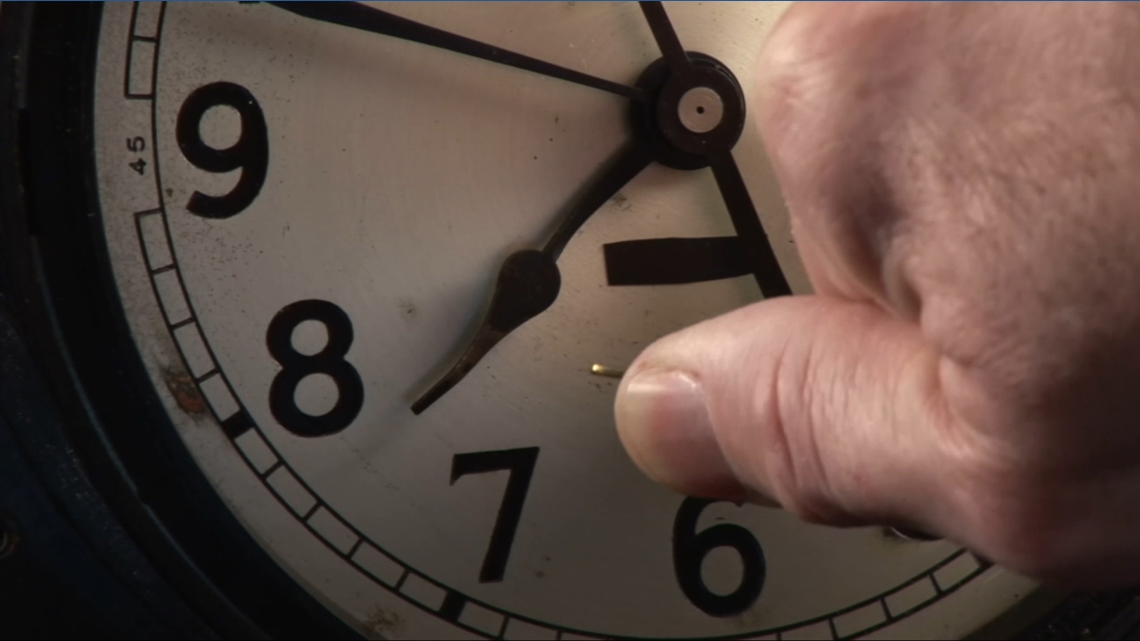
As daylight savings time ends and dusk arrives earlier, many people report feeling a change — low energy, heavier moods and less motivation.
YORK, Pa. — It happens every year — the clocks fall back, and suddenly the world seems darker earlier. For many, the change isn’t just about losing an hour of daylight, it’s about losing a little momentum.
Nora Ilyes of York County described the shift plainly.
“When I woke up, I thought it was 5 a.m. but it was 6 a.m. … but it was really nice.”
Another resident, Branden Smith, said the early sunset takes more than daylight away.
“I wake up and I’m seething that I don’t see the light.”
While those comments might sound like everyday complaints, doctors say they point to a real phenomenon tied to our biology. Psychologist Dr. Tony Ragusea of WellSpan Hospital explains how the internal clock in our bodies — the circadian rhythm — plays a big part.
“It has to do with a dysregulation in our circadian rhythm. The circadian rhythm is a system that helps your different cells and different parts of your body know what time it is,” Ragusea said.
For some people, that dysregulation doesn’t just cause fatigue or a bad mood. It can trigger what is known as a subtype of major depressive disorder — often discussed as Seasonal Affective Disorder (SAD).
“We now think of it as a particular subtype of major depressive disorder or sometimes possibly bipolar disorder,” Ragusea added.
The shift doesn’t only affect mood — the earlier darkness means fewer hours outside, less daylight exposure and less activity.
“We usually go outside during the day as much as we can,” Ilyes said. “When it gets darker earlier it does make you little sadder so we just try to spend a lot of time outside while we can.”
Smith finds purpose in keeping his mind active.
“Having a meditative hobby just really helps me in general with life,” Smith said. “So, in the winter when it’s so dark it really helps. It gives you something to focus in on for several hours depending how into it you are.”
Doctors recommend being vigilant for signs such as persistent low motivation, changes in appetite and isolation from friends and activities. These may suggest something more than the typical “winter blues” and warrant professional attention.
There’s also a policy angle worth watching here in Pennsylvania. A bipartisan bill (House Bill 119) introduced in January aims to keep the Commonwealth on standard time year-round, while another proposal introduced in March would move Pennsylvania into permanent daylight-savings time. Both remain in committee.
For now, as the sun sets earlier and the days feel shorter, health experts advise a few simple actions:
-
Get outside during daylight hours as much as possible.
-
Consider light therapy if you find yourself unusually low in mood. Clinical reviews show bright-light therapy can help reset the internal clock and ease symptoms.
-
Stay active, keep up a routine and don’t dismiss persistent changes in mood or energy.
The change may seem small — just an hour — but for some, its ripple effects can reach much deeper than the clock.
